Virtual Coaching Available in the us & canada
connect with us at (727) 744-8732
email: victoria@inherentstrength.com
How to Get and GIVE Healthy Relationships
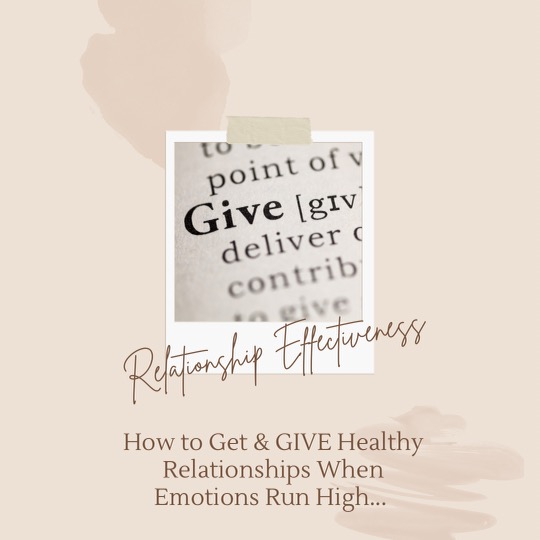
August 17, 2022
Healthy relationships are a necessary component for our wellbeing. Studies have shown that strong relationships are critical factors in mental and physical health and contribute to longevity of life. Relationships come in various forms…friendships, family, romantic partners, neighbors, co-workers, and more. They are integral in providing social interaction, support in times of need, and connection to others.
Dialectical Behavioral Therapy’s Interpersonal Skills teach us skills that we can utilize to interact with others especially when our emotions are unstable. Relationships can go from healthy to unhealthy quick if we are allowing our emotions to take over and be the guide on how we interact with others.
The acronym GIVE is an easy way to remember how to build and maintain healthy relationships by incorporating care and concern. When we “give” in our relationships, we are providing availability, attentiveness, and validation. There is no better way to show someone their value in sharing their experiences.

G: Genuine
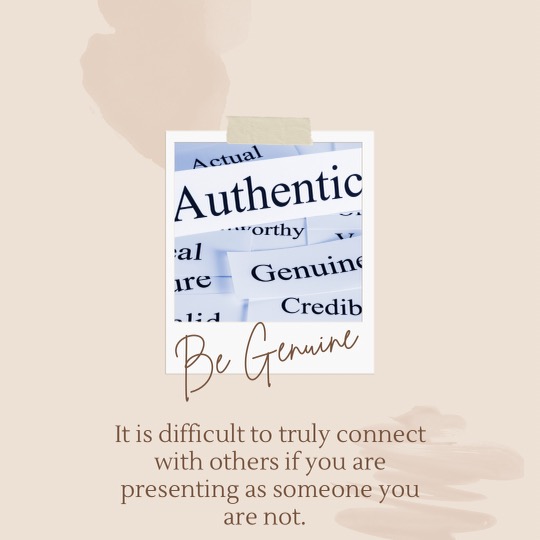
Be genuine in your interactions with others. Be authentic and be your real self. It is difficult to truly connect with others by being fake or presenting yourself as someone you are not. Be honest and sincere and detach yourself from the need to be liked. This will provide a foundation for a genuine, respectful, and authentic relationship.
I: Interest
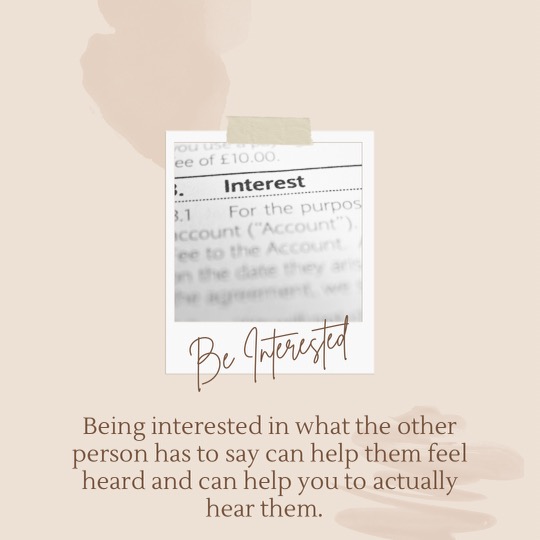
Show and actually be interested in others and what they have to say. Truly listen instead of thinking of what to say next. Be available and attentive to what others have to say. Give them the space to open up and feel comfortable doing so. Accept what they have to say without judgement or preconceived notions. Use body language that shows interest. Use eye contact, face individuals as they are taking, and put away electronics.
V: Validate
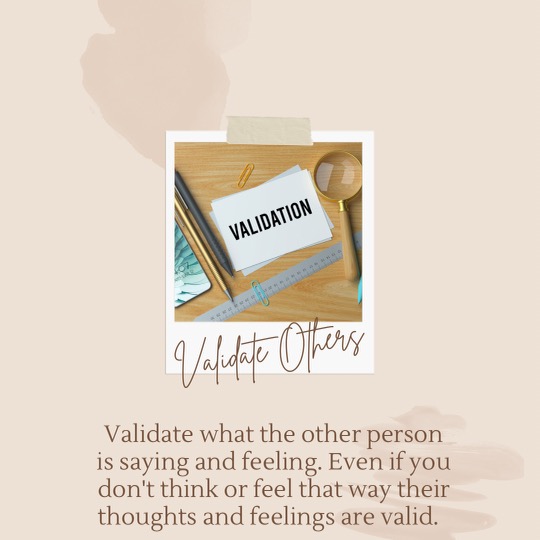
Validation communicates a non-judgmental understanding of a person’s experience. Try to empathize by putting yourself in the other person’s shoes, instead of thinking how you might react in the situation. Seek verbal and non-verbal cues and ask for more information or clarification, if needed. Also, communicate your understanding by showing compassion and concern. Relay back portions of the conversation to ensure accuracy and understanding of their meaning.
E: Easy Manner
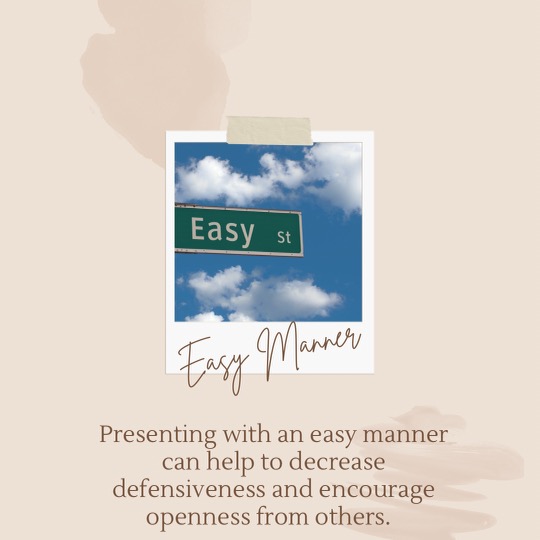
Use an easy manner when communicating with others. Be decent by showing consideration and use of polite manners. Avoid being heavy-handed or overbearing. Avoid the need to instruct or become confrontational. Do not debate unnecessary, inconsequential issues. If you disagree, find a way to communicate in a calm and effective manner and do not to deviate from the topic.
Relationship effectiveness should contain respectful communication. Being able to GIVE provides a stronger relationship and understanding between all parties. It is not always easy to communication effectively, especially if emotions are running high. So next time, try practicing “GIVE” and see if it helps.
If you have any questions or are seeking help in improving areas of your life, please reach out to us!
All my best,
Robin
Source: Lane Peterson, PsyD, LP, DBTC
contact
blog
resources
services
about
home
schedule
(727) 744-8732
victoria@inherentstrength.com
Licensed Therapists available in:
florida
arizona
Coaching services available throughout:
UNITED STATES
CANADA
Washington
TREATMENT AREAS
COPYRIGHT 2023 INHERENT STRENGTH | BRANDING & WEBSITE BY THE MUG CREATIVE
PRIVACY POLICY